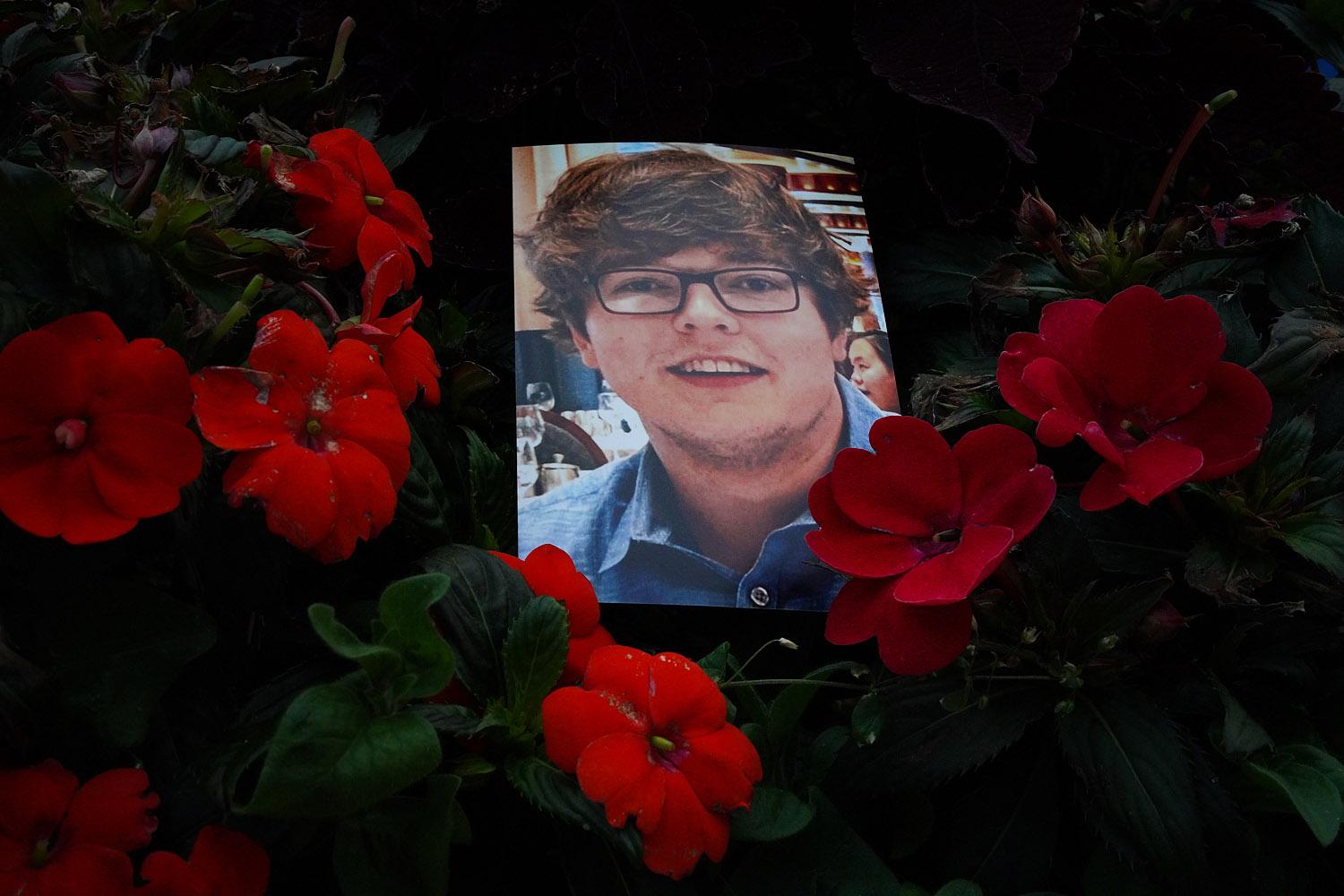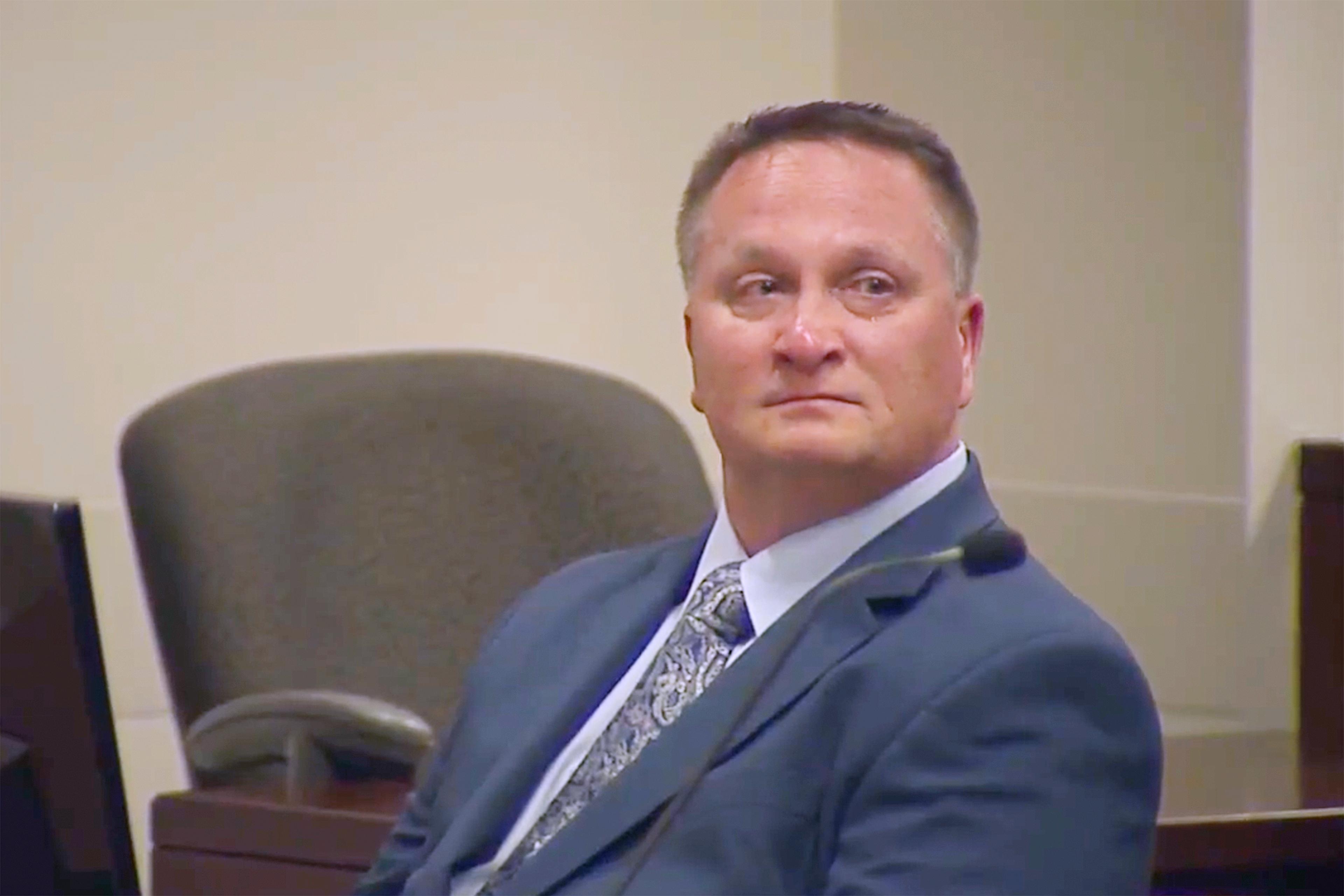Colorado stands to receive at least $50 million to help fight opioid addiction, after agreeing to drop its objections to Purdue Pharma’s bankruptcy plan.
Former Attorney General Cynthia Coffman joined the multi-state lawsuit against the company in 2018. The next year, her successor, Phil Weiser expanded the suit to include the family that owns Purdue Pharma, the Sacklers, as well as some top executives.
The suit alleges that the company’s aggressive and unethical marketing of its drug Oxycontin fueled the ensuing opioid crisis, which killed thousands in Colorado and hundreds of thousands nationally.
Under the agreed-upon bankruptcy plan, the Sackler family admits no wrongdoing and will be shielded from any personal liability.
Colorado originally fought the bankruptcy plan, along with almost two dozen other states. On Thursday, 15 of those states announced they’d dropped their opposition. In explaining why he changed his position, Weiser said he wished the situation were different, especially around the Sacklers’ liability, but that the bankruptcy filing limited states’ options.
“The court can effectively cram down a solution on everybody. That actually limited our leverage,” said Weiser. “What we believe we were able to do by extracting additional money and disclosure is get a better deal overall.”
The bankruptcy plan will see the Sackler family pay out $4.2 billion over the next nine years, a $1.3 billion increase from their original offer. The company will also be liable for an as-yet-undetermined payment to the states. The deal also requires Purdue Pharma to make public millions of documents — including depositions and internal emails — related to two decades of litigation over its role in the opioid crisis.
“This story needs to be told. This is a tragedy,” Weiser said. “I don't want this shrouded in non-disclosure agreements or attorney-client privilege protections. I want the story out there. So we understand how this happened, why this happened and how it can never happen again.”
Nine states that participate in the lawsuit continue to oppose the settlement, which goes to a judge for a confirmation hearing in August.
It’s unclear how this will affect other lawsuits against Purdue Pharma, including one in which many Colorado counties are involved.









